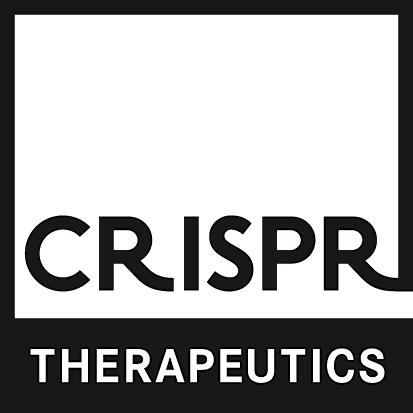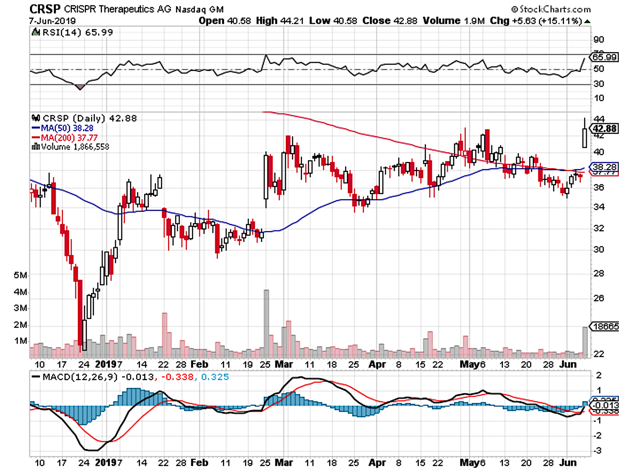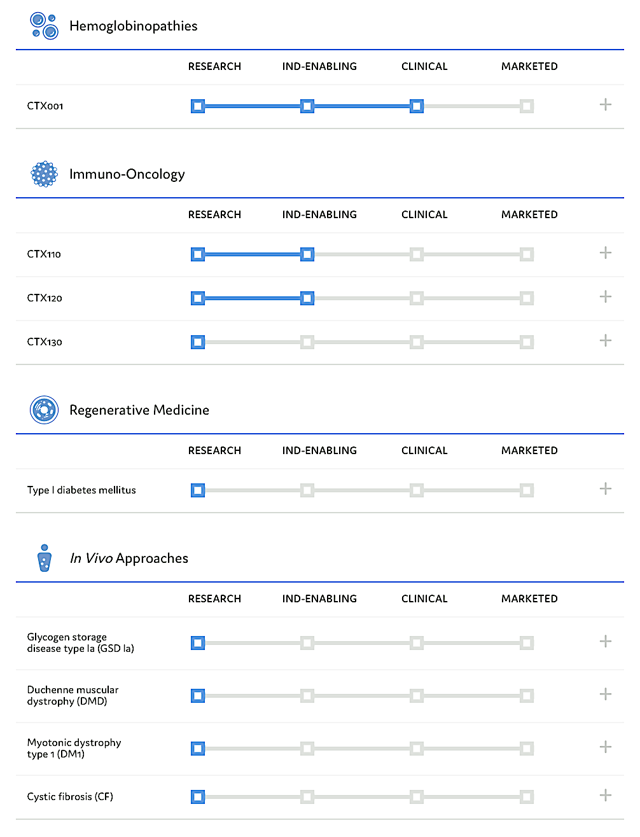Summary
- IBI Long-Term portfolio is compounding over 27% as of Jan. 12, 2018. New portfolio additions are continuing to deliver substantial profits.
- Despite that the best strategy is to mirror IBI long-term portfolio, there are alternative approaches to capture the lucrative profits in bioscience.
- This is an abbreviated version of the in-depth Integrated BioSci Alpha-Intelligence research available in advance to our marketplace subscribers.
“Successful investing takes time, discipline and patience. No matter how great the talent or effort, some things just take time: You can't produce a baby in one month by getting nine women pregnant.” - The Oracle of Omaha (Warren Buffett)
Since Integrated BioSci Investing (“IBI”) commenced operations back on June 27, 2017, we’ve compounded the 27% composite gains for the IBI Long-Term portfolio for the trailing 6-month. Our robust growth is mostly due to the notable performers as depicted in table 1. Accordingly, our picks in Kite Pharma (NASDAQ:KITE), Nektar Therapeutics (NASDAQ:NKTR), Spectrum Pharmaceuticals (NASDAQ:SPPI), Atara Biotherapeutics (NASDAQ:ATRA), Amicus Therapeutics (NASDAQ:FOLD), Exelixis Inc (NASDAQ:EXEL), and Crispr Therapeutics (NASDAQ:CRSP) procured 82%, 282%, 153%, 100%, 62%, 59%, and 45%, respectively.
Without further introduction, we’ll share with you the exchange between Dr. Tran BioSci of Integrated BioSci Investing with Len Nguyen ("LN") (that can shed further insight into how to best use the IBI Long-Term Portfolio).
LN: What do you recommend as the percentage of a particular stock in the IBI portfolio that one should allocate?
Dr. Tran: I suggest that investors allocate an equal percentage to all bioscience in the IBI Long-Term portfolio. Notwithstanding, for certain equities that have compelling reasons with nearly 100% certainty that they can trump other issues, I'd double up the stakes (but no more than that). Notably, there are always the random chances that no matter how strong a thesis is, it will not be played out as one anticipated; hence, it’s best to exercise adequate diversification to minimize the risks while maximizing one’s chances of finding the multi-bagger rewards.
LN: Will you notify of sell recommendation when a particular stock in the portfolio is no longer attractive?
Dr. Tran: I will most definitely issue the sell recommendation when any stock (in the IBI Long-Term portfolio) post fundamentals decline (and the chances of rebounding are slim). This way, I can add further value to subscribers.
LN: Re the maximum percentage one should invest in bioscience versus one’s total stock portfolio (i.e. if your total stock portfolio is 100K), how much of this amount would you allocate to biotech investing?
Dr. Tran: There are different strategies to portfolio allocation. The one I'm utilizing takes into consideration of an oncoming recession as well as new opportunities. A recession will surely come in the future; however, Buffett said that one can reliably forecast the exact timing. When it comes, I strongly recommend investors not to sell your shares of IBI holdings: stellar firms with robust fundamentals will rebound to their new highs when the market stabilizes (as great investors like Buffett, Fisher, Lynch, and Mohnish Pabrai advised). I, myself, witnessed that phenomenon during the 2008 recession. Moreover, Pabrai said that during the recession, you can close your eyes, throw a dart, and it'd hit. Most companies that you invest during the recession will increase multiple folds in the subsequent years.
Recession asides, there are great bioscience opportunities that IBI seeks to uncover over time. As the results, I'd leave ample cash in anticipation for both new opportunities as well as an oncoming recession. In applying the aforesaid approach to the 100K portfolio, a good strategy is to allocate $60K into IBI while keeping $40K in cash (to deploy during a recession or whenever opportunities emerge). Furthermore, it’s best to specialize in one niche (i.e. bioscience), where there is high growth (to reward you with market outperformance in the long-term). To every rule, there is at least one exception. And, I’ll keep my eyes on special situations in other industry and alert subscribers accordingly.
Final Remarks
In all, we recommend that investors mirror the IBI Long-Term portfolio. That way, you can ensure that your portfolio has the most number of companies to be strongly diversified. Of note, it is highly difficult to earn over 50% compounded annual gain for a well-diversified portfolio in the long-term. Notwithstanding, one can expect to beat the market with the good rate over the long-haul that will substantially grow your capital. As depicted in figure 2, we calculated the 10-year investment horizon for the IBI Long-Term portfolio - assuming the 27% annual compound gains on $100K of initial capital that is fully invested - and found that IBI should turn your money into about $1M. Last but not least, this is an abbreviated sample of the in-depth Integrated BioSci Alpha Intelligence research, published in advanced and to subscribers of Integrated BioSci Investing (a community of expert physicians, scientists, executives, market leaders, and everyday investors).

Author’s Notes: We’re honored that you took the time out of your busy day to read our market intelligence. Founded by Dr. Hung Tran, MD, MS, CNPR, (in collaborations with Dr. Tran BioSci analyst, Ngoc Vu, and other PhDs), Integrated BioSci Investing (“IBI”) marketplace research is delivering stellar returns since inceptions. To name a few, Nektar Therapeutics (NASDAQ:NKTR) procured more than 210% profits; Spectrum Pharmaceuticals (NASDAQ:SPPI) delivered over 180% gains; Kite Pharma netted 82%. Exelixis Inc (NASDAQ:EXEL) earned greater than 50% capital appreciation. Our secret sauce is extreme due diligence coupled with expert data analysis. The service features a once-weekly exclusive in-depth Integrated BioSci Alpha-Intelligence article (in the form of research, reports, or interviews), daily individual stocks consulting, and model portfolios.
Notably, we’ll increase our price soon. SUBSCRIBE to our marketplace research now to lock in the legacy price and save money in the future. To receive real-time alerts on our articles as well as blogs, be sure to check out our profile page and CLICK the orange FOLLOW button . Asides the exclusivities, this article is the truncated version of the research we published in advance to IBI subscribers. Further, you can read up on Dr. Tran’s background by following this link.

 Figure 1: Crispr stock chart (Source: StockCharts)
Figure 1: Crispr stock chart (Source: StockCharts)